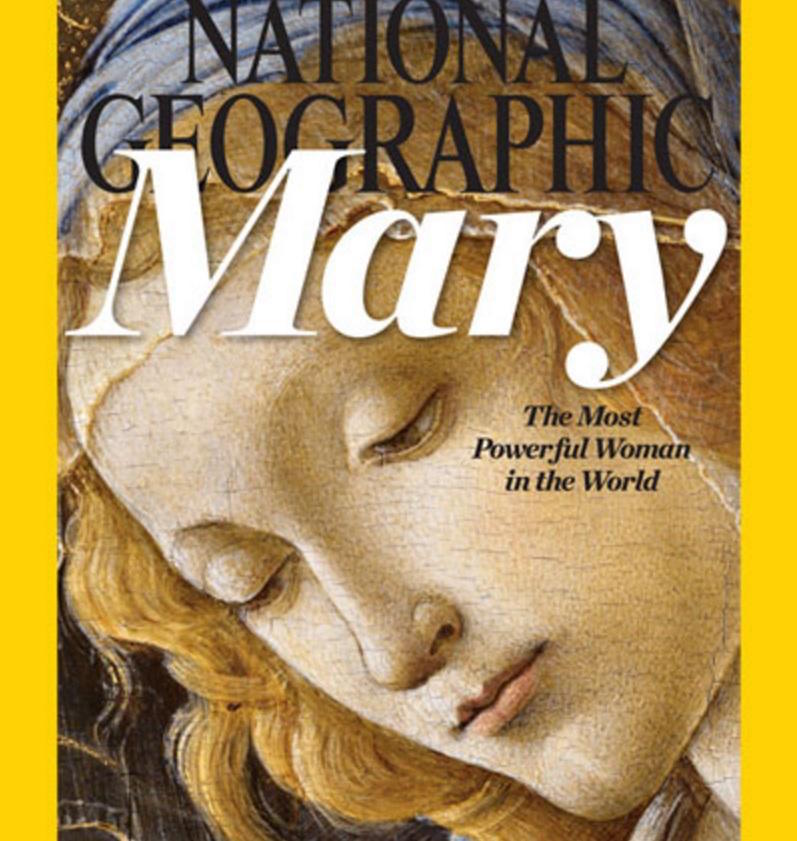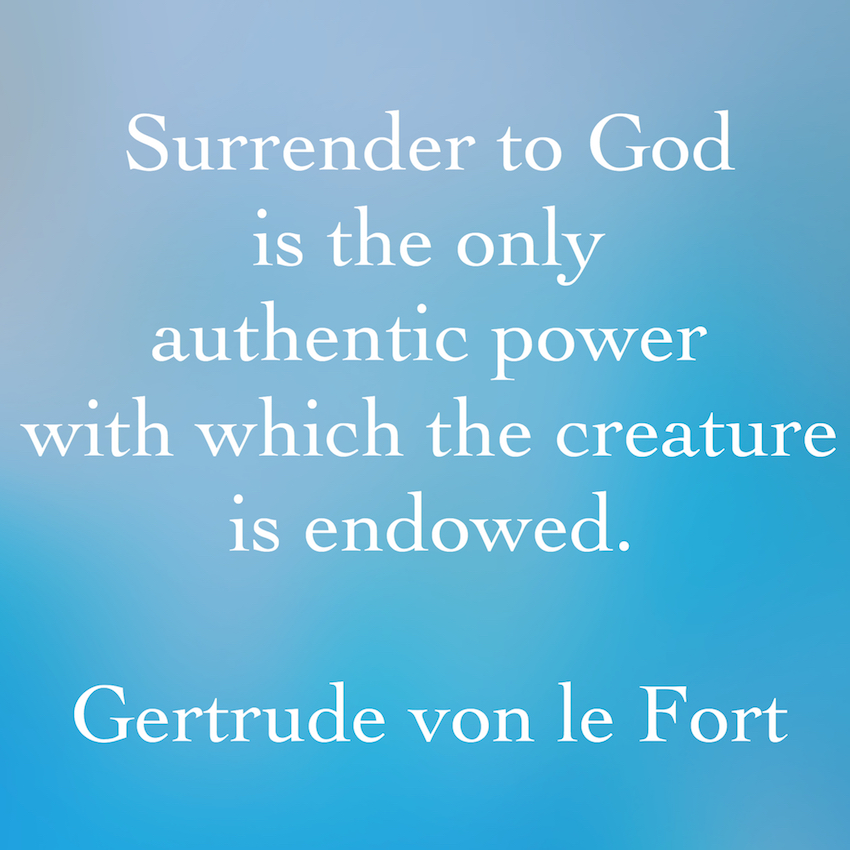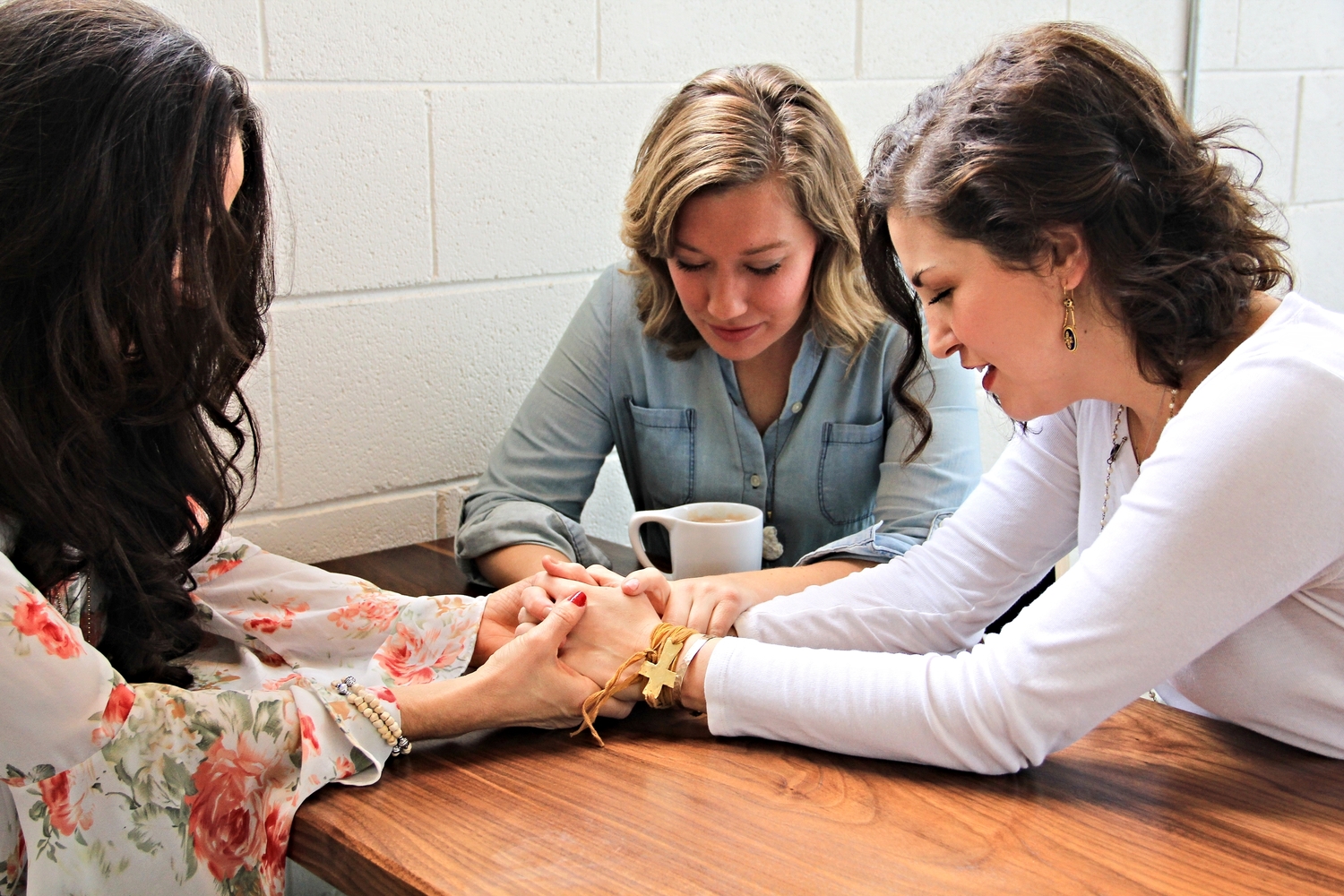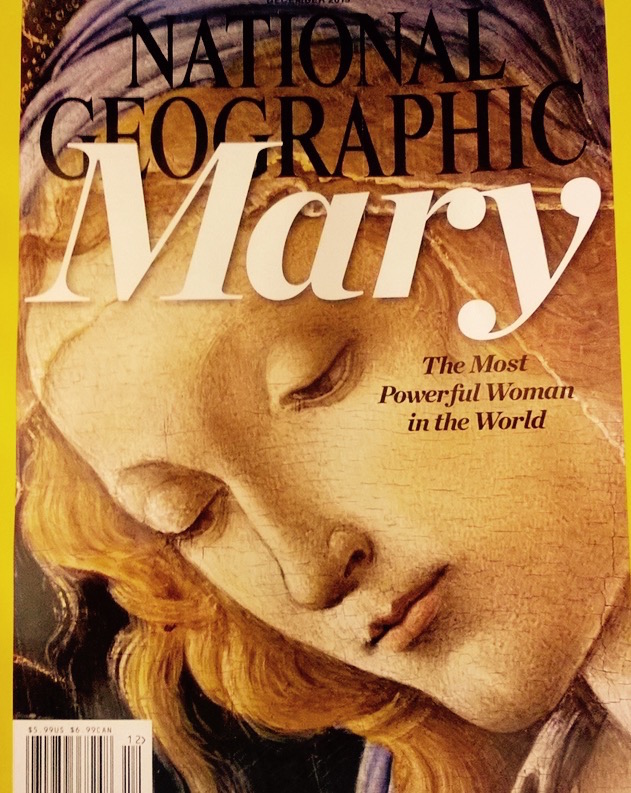Dear Friends, In honor of today's March for Life in Washington, I offer the below reflection, which is not meant to be polemical or to condemn any one person for their participation in the Women's March last week. It is simply meant to name the spiritual reality that I believe we are dealing with and the spiritual remedy needed. Let us pray for the healing of the wounds of our nation, and all that drives women to seek abortion as a solution to an unexpected pregnancy. Our Lady of Guadalupe, patroness of life, pray for us.

Answer me, Lord! Answer me, that this people may know that you, Lord, are God and that you have brought them back to their senses. 1 Kings 18:37
A quick perusal through the Old Testament story of the Prophet Elijah (1 Kings 16 ff.) and his showdown with the wicked pagan queen, Jezebel, confirms that this week in America, everything old is new again. New again is the sinful human tendency to want absolute power and control, and new again is the willful determination to use aggression, violence and all manner of ungodly means to achieve it.
Case in point: This week’s January 22 anniversary of the infamous Supreme Court decision legalizing abortion in America was preceded on January 21 by the Women’s March on Washington. After watching the coverage all weekend on various new outlets, I could conclude only one thing: the fundamental thing the marchers wanted to protect the state-sanctioned prerogative of killing their children, and they will steamroll anyone who tries to deny them that power. Because, while claiming they were marching for women’s rights, not one protester could actually articulate a right they were marching for which women don’t already possess. What bled through their protest, however, is that they fear losing the right to unrestricted access to abortion on demand under the Trump administration, and that they are willing to engage in a tirade of biblical proportions to make sure that doesn’t happen. Which brings me back to Jezebel.
Jezebel, the wife of Israel’s King Ahab and the power behind his throne, could be called “Eve on crack.” She influenced her husband to both engage in Baal worship and promote it among the Israelites, leading God’s people into apostasy through the practice of deviant sexual rituals, human sacrifice and self-mutilation—all for the purpose of controlling the fertility gods. Sound familiar? Jezebel operated without conscience or scruples to have her way, urging her husband to oppose the worship of the one true God, destroy his altars and kill his prophets, which Ahab promptly did. When Jezebel wanted Naboth’s vineyard, she had Naboth unjustly tried and killed. When Jezebel wanted to silence God’s prophets, she had hundreds of them slaughtered. And when Jezebel’s pagan prophets lost a major power encounter with Elijah on Mount Carmel, she chased Elijah down with all of the vim and vigor of hell to have his throat slit.
Sadly, Jezebel represents the epitome of disordered, fallen femininity: an unapologetically grasping woman who will assert her will and have her way, no matter how much blood is spilled. I couldn’t get her out of my mind as I witnessed the vulgarity and hatred spewing from the mouths, signs and clothing of those at the Women’s March. To my mind, what we witnessed in the Capitol last Saturday was the show of a demonic "spirit" named Jezebel that is the antithesis of spirit of Our Blessed Mother. Such a spirit can only be “tied up” through prayer, fasting and repentance (Mk 3:27, Mt 17:21), all of which we are summoned to by our bishops in response to the stronghold of death in our culture.
The hopeful news is that there’s another march in Washington today, and its protestors will march Mary’s way. They will humbly, prayerfully and respectfully show up in our nation’s capital to make a plea for protection and justice for the unborn. They will sing praise to God, carry banners that are dignified, and meet with legislators politely to plead the case that all human life is sacred and inviolable. They will dress modestly, behave courteously, and demonstrate nobly, seeking to show a confused world that love and humility beget love and humility, and that violence and aggression spawn more of the same. Marching Mary’s way, the protesters may remain unseen and hidden to the world-at-large as the secular news media, power brokers and pundits ignore them. Nonetheless, hundreds of thousands of March for Life protesters will march mightily under the standard of Almighty God for the cause of truth and life.
Mary’s way is never one of self-assertion, domination or control, but is instead the way of generous, unassuming, self-sacrificing love. Her open and welcoming stance toward both God and human life would never be labeled “powerful” according to the world’s criterions, but the Mother of the God-man is the most powerful woman who ever lived. Paradoxically, her power is manifested not through assertion, but instead through her absolute surrender to God and to love. She has much to teach us today about what it means to be women, but we must choose to follow her way.
Let us beg God to place Mary’s mantle of peace and protection over over each and every one of us, and over our nation. May we also ask, as Elisha asked Elijah, for a double portion of Mary’s spirit to fall upon us and upon the women of our land.
This article was previously published at Aleteia.







 As I watched the excellent movie Suffragette this past weekend, which documents the history of women’s struggle for the right to vote in England, two things really struck me: 1) The women’s rights movement was rightly spawned by the need for women to escape the unjust, dehumanizing and often brutal treatment suffered at the hands of men. 2) It took less than 100 years after gaining the right to vote for women to begin to use the same force, violence and dehumanizing domination they had sought to escape—most tragically, by exerting themselves against their unborn children.
As I watched the excellent movie Suffragette this past weekend, which documents the history of women’s struggle for the right to vote in England, two things really struck me: 1) The women’s rights movement was rightly spawned by the need for women to escape the unjust, dehumanizing and often brutal treatment suffered at the hands of men. 2) It took less than 100 years after gaining the right to vote for women to begin to use the same force, violence and dehumanizing domination they had sought to escape—most tragically, by exerting themselves against their unborn children.










